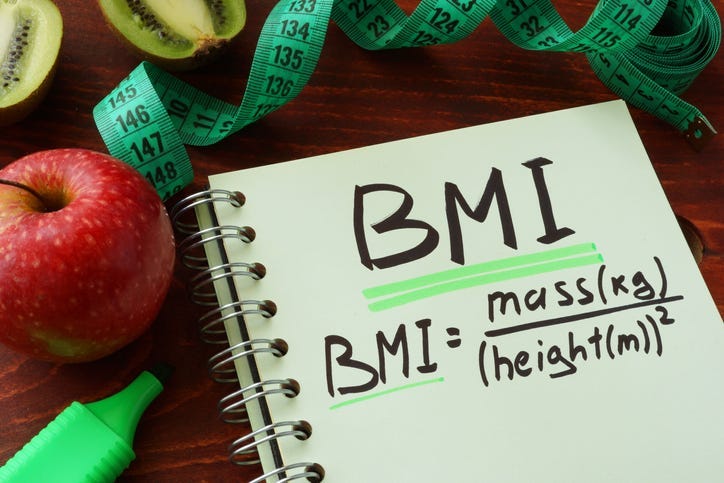
KYW Newsradio’s Medical Reports are sponsored by Independence Blue Cross.
But now, a new report in the Journal of the American Medical Association network open issue suggests that the BMI may not be the most effective way to measure cardiac cancer risk.
The report suggests looking at the visceral fat and muscular radiodensity. This is a complicated way of saying that we are selling our evaluations short by just looking at BMI - we have to look at a person's muscle mass bone structure in the amount of fat they are carrying in high risk areas.
At the present time, many government and insurance programs are based on treatment of BMI, and the fear is this may be a flawed approach.
